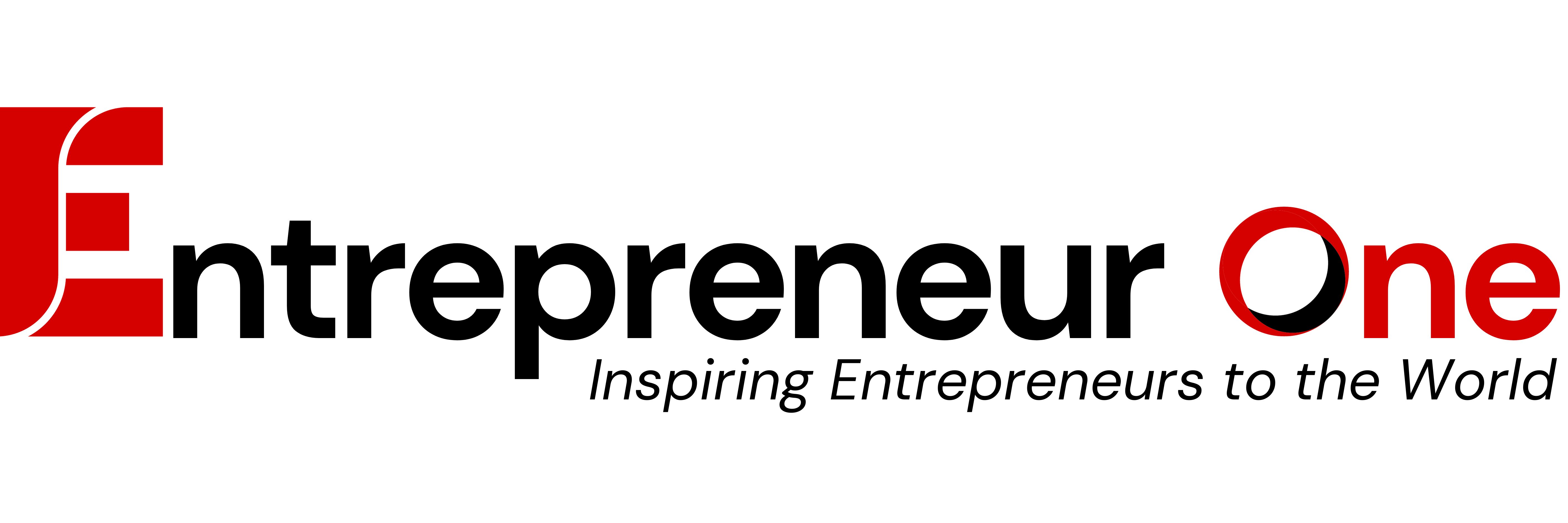“Your career is a journey, not a race. Choose the path that excites you, challenges you, and aligns with your ambitions!”
For young professionals stepping into the workforce, one major question looms large: Should I join a startup or a corporate company? Each path offers unique advantages and challenges, making the decision a tricky one.
According to a 2023 Deloitte survey, 64% of Gen Z professionals prefer startups or entrepreneurial ventures over corporate jobs due to autonomy and impact-driven work. However, corporate offers structured career paths, financial security, and mentorship, making them a solid long-term choice.
This article explores both options, breaking down the pros, cons, and key factors to help you make an informed decision.
The Thrill of Startups: Is It Worth the Risk?
What is a Startup?
A startup is a high-growth company in its early stages, aiming to disrupt traditional industries through innovation. These companies are often backed by venture capitalists and operate in sectors like fintech, AI, SaaS, and e-commerce.
But here’s the catch: 90% of startups fail (CB Insights). The top reasons? 38% fail due to lack of funds, while 35% fail due to no market need. So, if one is considering a startup, he should be prepared for uncertainty.
✅ Pros of Working at a Startup
- Rapid Learning Curve: One gets to wear multiple hats—marketing, product development, customer success, and more.
- Equity Compensation & High Upside: If the startup succeeds, stock options can turn into a financial jackpot.
- Fast Decision-Making & Autonomy: Startups have flat hierarchies, meaning one can contribute ideas and make an impact.
- Flexible Work Culture: Many startups embrace hybrid or remote work, prioritizing work-life integration.
❌ Cons of Working at a Startup
- High Job Uncertainty: With a survival rate of just 10%, stability isn’t guaranteed.
- Lower Initial Salary: Many startups offer below-market salaries in exchange for stock options.
- Unstructured Growth: There are no fixed career trajectories or formal training programs.
- Long Work Hours: Be prepared for an intense workload, as small teams require extra effort.
The Corporate World: Stability & Growth at a Price?
What is a Corporate Job?
A corporate job refers to employment in well-established organizations with structured roles, predefined workflows, and hierarchical management. Think Google, JPMorgan, Deloitte, or Unilever—companies that have been around for decades.
✅ Pros of Working in a Corporate
- Financial Stability & Job Security: Higher base salaries, bonuses, and benefits like health insurance and retirement plans.
- Specialized Career Growth & Mentorship: Employees get formal training, mentorship, and structured career progression.
- Networking & Global Exposure: MNCs provide international work exposure and help you build strong professional networks.
- Work-Life Balance: Unlike startups, corporates offer structured work schedules (unless one is in consulting or investment banking).
❌ Cons of Working in a Corporate
- Slow Growth & Bureaucracy: Decision-making is slow due to multiple layers of management.
- Limited Creativity: Risk-taking is often discouraged, and roles are highly specialized.
- Office Politics: Climbing the corporate ladder can involve internal competition and networking.
Key Considerations for Young Professionals
1. Career Growth & Skill Development
- Startups provide T-shaped skills—broad knowledge across multiple fields with specialization in one.
- Corporate offers structured skill-building programs, helping you become an expert in one area.
2. Financial Stability
- If you have student loans or financial responsibilities, a corporate job provides better stability
- If you’re willing to take risks and bet on long-term growth, a startup’s stock options could be a goldmine.
3. Work Culture Preference
- Do you prefer structure and well-defined roles? Go corporate.
- Do you thrive in chaos and rapid change? Try a startup.
4. Risk Tolerance & Long-Term Vision
- If you prioritize stability & structured career growth: Corporate is ideal.
- If you seek innovation, risk, and exponential learning: Startup is better.
Real-World Examples: Who Made It Big?
🚀 Startup Success Stories
- Early Airbnb & Uber employees: Those who joined in the early days saw their stock options turn into millions after IPOs.
- ByteDance (TikTok’s parent company): Employees who took the risk saw 10x-20x returns in stock value.
🏢 Corporate Leaders Who Started Small
- Satya Nadella (Microsoft CEO): Worked at Microsoft for two decades before becoming CEO.
- Indra Nooyi (Former PepsiCo CEO): Started in consulting (BCG) before leading PepsiCo.
The Best of Both Worlds: Hybrid Career Models
Still can’t decide? Well here’s a middle ground:
1. Intrapreneurship
Large corporations like Google, Amazon, and Microsoft encourage innovation within corporate structures. Employees work on startup-like projects while enjoying corporate benefits.
2. Corporate-Backed Startups
Companies like Google (Alphabet Ventures) and Amazon (AWS Accelerator) fund internal startup initiatives, giving employees the flexibility to experiment.Conclusion: What’s the Best Choice for You?
At the end of the day, there is no right or wrong choice—only the one that aligns with one’s career goals and personality.
- If you thrive in chaos, want fast-paced learning, and are okay with uncertainty → Join a startup.
- If you value stability, structured career growth, and long-term financial security → Join a corporate.
- If you want both innovation & stability → Consider intrapreneurship or corporate-backed startups.














